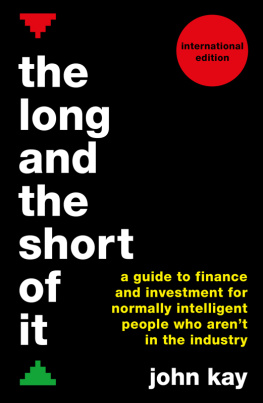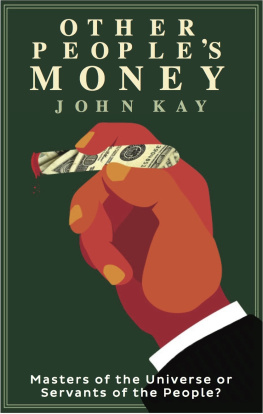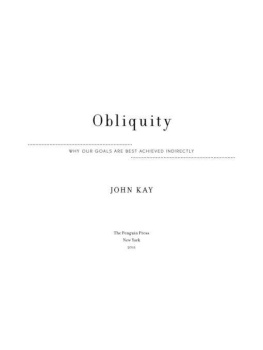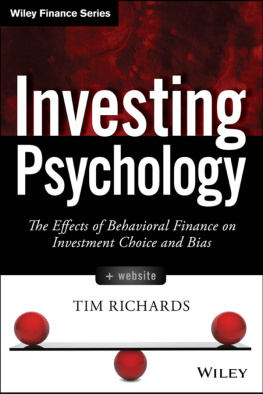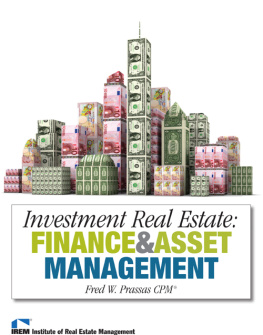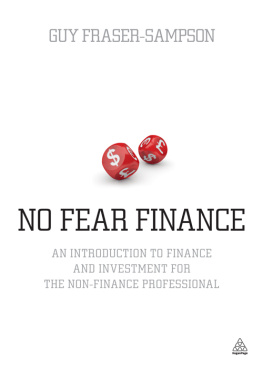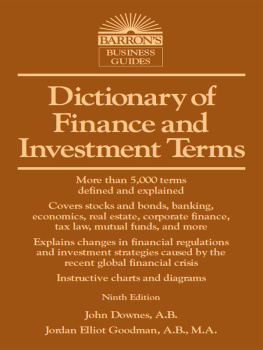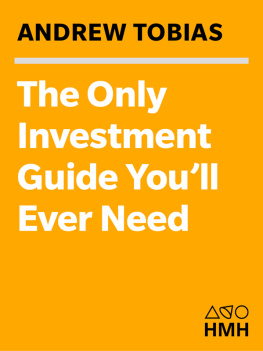This book packs an extraordinary amount of insight into a deceptively small space Stephanie Flanders, Financial Times
Mr Kay is a brilliant writer. Wall Street Journal
It will probably be the cheapest and most valuable investment IFAs can make, both for themselves and for their clients. Russell Taylor, Money Management
Beautifully written and immensely readable. Jeremy Peat, formerly chief economist, Royal Bank of Scotland.
I am in awe Andrew Hilton, Director, CSFI
John Kay is one of the most engaging and accessible writers on economics in Britain today Morning Star
JOHN KAY is both a first-class economist and an excellent writer (Financial Times). He is a visiting professor at the London School of Economics, a Fellow of St Johns College, Oxford and director of several public companies. He contributes a weekly column to the Financial Times. He chaired the UK government review of Equity Markets which reported in 2012 recommending substantial reforms. He is the author of many books including Obliquity [9781846682896] and Other Peoples Money [9781781254455] both published by Profile Books.
ALSO BY JOHN KAY
Obliquity
Other Peoples Money
the long and the short of it
a guide to finance and investment for normally intelligent people who arent in the industry
Second Edition
John Kay

This edition published in Great Britain in 2016 by PROFILE BOOKS LTD
3 Holford Yard
Bevin Way
London
WC1X 9HD
www.profilebooks.com
Copyright John Kay, 2009, 2016
The moral right of the author has been asserted.
All rights reserved. Without limiting the rights under copyright reserved above, no part of this publication may be reproduced, stored or introduced into a retrieval system, or transmitted, in any form or by any means (electronic, mechanical, photocopying, recording or otherwise), without the prior written permission of both the copyright owner and the publisher of this book.
A CIP catalogue record for this book is available from the British Library.
eISBN 978 1 78283 269 0
Preface
The purpose of this book is to give you the information you need to be your own investment manager. It is a natural companion to Other Peoples Money (Profile and Public Affairs, 2015), which analyses the process of financialisation that culminated in the global financial crisis of 2008. The critique of the finance sector developed in Other Peoples Money raises two questions: what should be done to protect the public interest, and what should I do to protect my own interests? The concluding chapters of Other Peoples Money attempt to answer the first of these questions. The Long and the Short of It attempts to answer the second. In one respect, my task here is easier. To reform the financial sector, we need to persuade politicians, regulators and the public. To reform your financial affairs, the only person I need to persuade is you.
In this book Ill describe the investment options available, and the institutions that will try to sell them to you. Ill explain the principles of sound investment, and introduce you to the research that supports these principles. Sound investment is based on the returns from productive assets, and in a modern economy these are mostly owned by companies. So Ill describe how businesses succeed, and fail, in generating value for their shareholders, and how to distinguish fact from fiction in what they tell you.
Profitable investment involves risk, and the returns from investment are uncertain. Amateurs and professionals alike are bad at managing investment risks, although for different reasons. Ill discuss why, and explain the theories that try to clarify how we assess risks and the evidence that provides partial, but only partial, justification for these theories. Ill go on to develop a practical investment strategy for the intelligent investor, based on three fundamental principles pay less, diversify more and resist conventional thinking and give you the specific information you need to implement that strategy.
Ill describe the sophisticated innovations of the modern financial system. The same innovations that led directly to the global financial crisis of 2008. The world I will describe is complex and sophisticated, but greedy, cynical and self-interested. The only way to cope is to acquire your own knowledge and form your own judgement. You cannot, unfortunately, trust people who offer financial advice. If you can trust me, it is because the only product I am trying to sell you this book is one you have already bought. Even so, I need to insert the caveat that I am not offering advice that is specific to your circumstances, that I am not recommending any particular investment or investment product to you and that I accept no liability whatever for the consequences of your investment decisions. When they work out badly and some of them will it will be your fault, and when they work out well and I hope some of them will also you will certainly take the credit. I will explain that even a decision that works out badly may have been a good decision. But that is not a proposition that ambulance-chasing lawyers, crusading journalists or politicians wise after the event find easy to accept. So I am not going to offer advice, only suggest how you should make your own decisions.
Most investment books advise you how to trade; I suggest you trade as little as possible. Most investment books advise you to get to know the mind of the market; I suggest you think for yourself instead. Most investment books take for granted that your search for new investments is a search for stocks that are likely to go up. While Im certainly not going to dissuade you from that, I suggest you give equal weight to a different question: is this investment different in character from those I already own?
In this book I shall describe the principles of intelligent investment that lead to these, and other, unconventional conclusions. But you will probably want to begin with a more conventional stance, and I would encourage you to do so. The conventional investor follows the average of what professional investors do. The power of conventional thinking in the City is so pervasive that this is, in reality, what the vast majority of professional investors do themselves. But you can follow that consensus with the aid of publicly available information and the properties of efficient markets. Instead of paying heavily for conventional thinking, you can use conventional thinking for free.
The conventional investor is in awe of those who have a deep understanding of what the market thinks. He should be: he is typically paying enough for the privilege. The education of the conventional investor begins with forming a sceptical view of financial market expertise. The intelligent investor doesnt care what the market thinks, save to the extent that its mistakes and irrationalities create opportunities. For the conventional investor, risk is being out of step; for the intelligent investor, risk is losing money.
But it is uncomfortable to be out of step. And the conventional investor will do as well as the average of professional investors, which isnt bad, and better than the vast majority of retail investors. The strategy I recommend is that you begin as a conventional investor, and as you gain experience and confidence, you devote an increasing fraction of your portfolio to intelligent investment. The intelligent investor has a mind of his or her own, can take a sceptical view of market wisdom and make his or her own risk evaluation. Such detachment enables the intelligent investor to earn better returns with less risk of loss.
Next page
